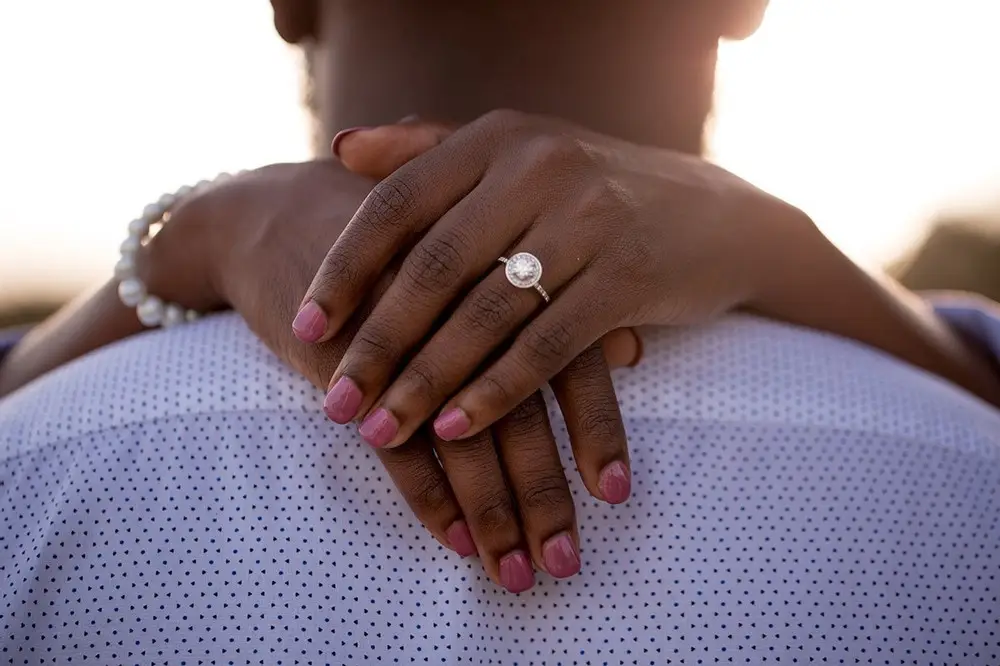Men can now take their wife’s surname in South Africa, Constitutional Court rules

A new precedent has been set in South Africa’s highest court, meaning that married men will now be allowed to take the name of their spouse in a landmark ruling for gender equality.
The case, which was brought before the country’s Constitutional Court (CC) by two couples, saw judges rule that the law was a “colonial import,” which was tantamount to gender discrimination, according to BBC News, September 11.
The country’s public broadcaster, SABC, named two men, Andreas Nicolas Bornman and Henry van der Merwe, who were unable to hyphenate their names to include Donnelly, or to take the name of their wife, Jana Jordaan, respectively.
It is yet another step along the long road to decolonisation in Africa, as the country still struggles with its colonial and apartheid history, infrastructures, and laws (such as this one). Now the duty falls to the South African Parliament to amend the Births and Deaths Registration Act to bring the new precedent into law.
Both couples argued in court that this apartheid-era law violated the 1994 post-apartheid constitution that saw equality mandated among South African citizens. The Jordaan and Bornman-Donnelly couples first gained victory in a lower court in South Africa, but asked that the Constitutional Court confirm the ruling.
South Africa’s highest court described its decision as having made a “significant advancement,” but noted that there remained many practices and laws that continued to create “harmful discrimination.”
The CC, speaking on the matter, said “in many African cultures, women retained their birth names after marriage, and children often took their mother’s clan name,” but this changed after the “arrival of the European colonisers and Christian missionaries, and the imposition of Western values.”
Both of the relevant government ministers responsible for this area agreed with the couple’s application to the CC. Both Home Affairs Minister Leon Schreiber and Minister of Justice and Constitutional Development Mamoloko Kubayi said that the law was indeed a relic of the past.
But the couples’ fight for their rights was also supported by civil society, with the Free State Society of Advocates supporting the court case, arguing that the law upheld harmful patriarchal expectations that denied men the right to choose their own names, and women the restriction to choose exclusively their husbands.
BBC News, Maghrebi.org
Want to chase the pulse of North Africa?
Subscribe to receive our FREE weekly PDF magazine












